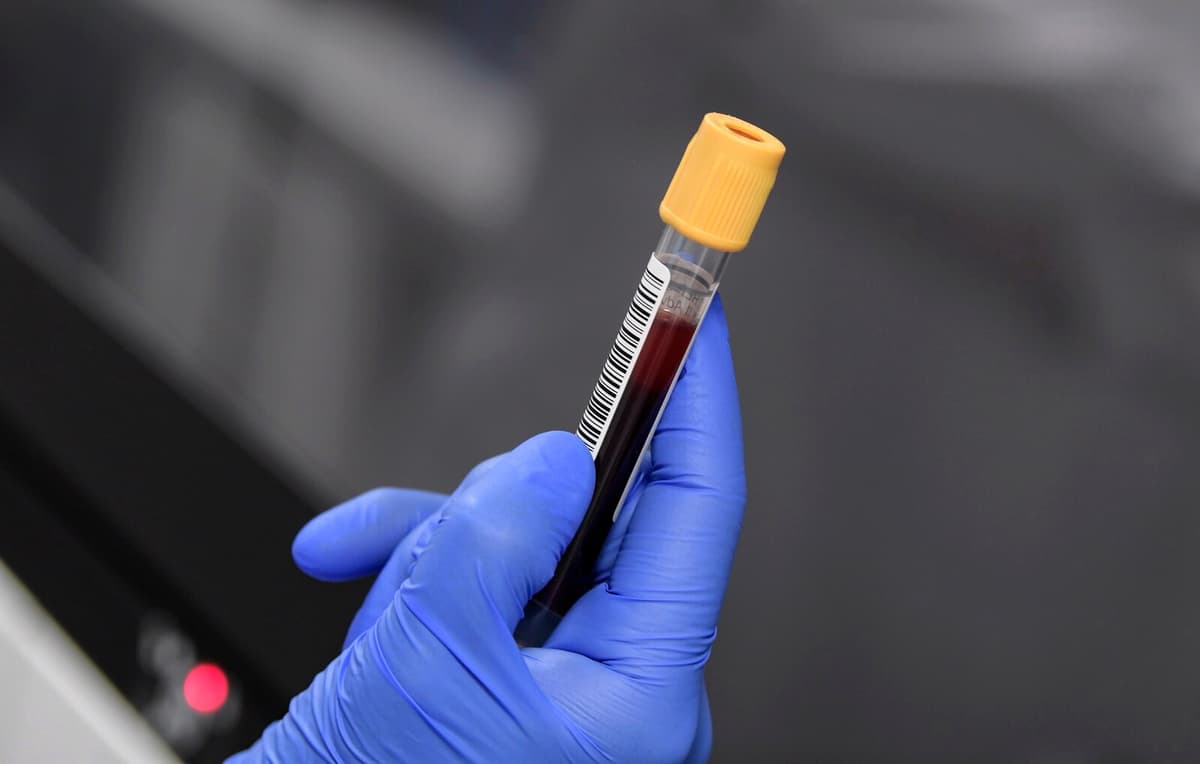Since earlier, there is a blood marker that reveals the presence of the disease up to 20 years before symptoms. The problem with it is that it does not provide answers on which disease phase the patient is in.
The newly discovered marker, a protein called MTBR-tau243, has the advantage of signaling how much Alzheimer's disease is present in the brain.
This will, among other things, facilitate the evaluation of new medications.
The discovery has been made by researchers in Lund and at Washington University. They have examined the levels of the biomarker in the blood of approximately 900 individuals.
"This is the first time anyone has shown such a marker in the blood. The higher the levels of the marker, the more disease the person has in the brain," says neurology professor Oskar Hansson according to a press release.
He sees ahead that the older marker will be used in combination with the one that has now been discovered.
The older marker can be used to screen for those who have Alzheimer's changes in the brain, and among these, the new marker can then show whether it is actually Alzheimer's that causes the memory problems the patient has sought help for.
These two blood tests together will be decisive in enabling the introduction of disease-slowing medications against Alzheimer's, believes Oskar Hansson.
New medications have been approved in, among others, the USA, Japan, and China. They are also on their way to being approved in Europe.






